Have you ever looked for a Mercari Customer Service Number hoping for immediate assistance? While finding a direct phone line might not be the first step with modern online platforms like Mercari, understanding their robust customer support system is key to getting the help you need. Mercari has strategically structured its customer support (CS) operations across three cities in Japan: Tokyo, Fukuoka, and Sendai. Each office plays a vital role in ensuring a smooth and secure user experience. Tokyo collaborates with development and PR teams to enhance Mercari’s services, Fukuoka focuses on user support, and Sendai manages user support alongside fraud detection. Let’s delve into the responsibilities of each Mercari Group CS Office to better understand how they work to support millions of users.
Since its inception, Mercari has prioritized customer support as a fundamental element for service expansion. This commitment is evident in the early establishment of offices in Sendai (April 2014) and Fukuoka (March 2017). The Customer Support group distributes responsibilities among these offices, continually refining their roles to meet evolving user needs. So, what does the current structure look like?
This article, originally from Mercan, introduces key figures from each CS office: Directors Kazuhiro Yamada and Michihito Nishigaki of the Tokyo CS Office; Manager Satoshi Miura from the Sendai CS Office; and Manager Ryosuke Onuki from the Fukuoka CS Office. They share insights into the journey of establishing each office and the future direction of Mercari’s customer support. Mika Umezaki, a manager from the Fukuoka CS office, conducted this insightful interview.
Key Personnel Featured
-
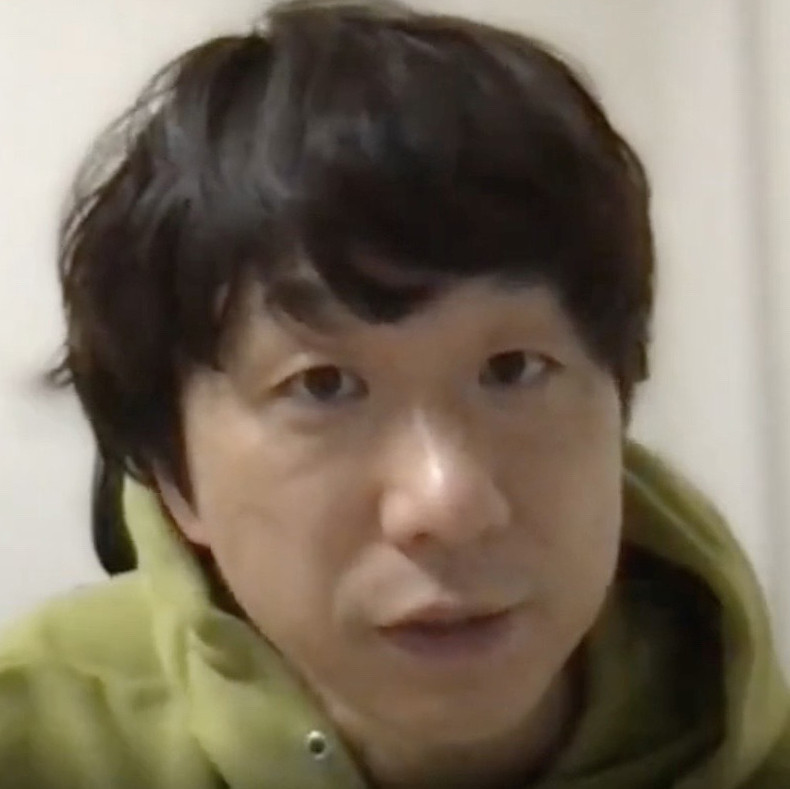 Kazuhiro Yamada: With approximately seven years of experience in Customer Support at mixi, Inc., Yamada was instrumental in launching a social gaming industry group and implementing youth protection service health initiatives. Joining Mercari in April 2014, he played a key role in establishing the Sendai Office, designing its customer support operations, and overseeing recruitment and training. In February 2017, he became Vice President and currently serves as Director of the CS Tokyo Office. Alt text: Kazuhiro Yamada, Director of Tokyo CS Office, Mercari, experienced in customer support and service improvement.
Kazuhiro Yamada: With approximately seven years of experience in Customer Support at mixi, Inc., Yamada was instrumental in launching a social gaming industry group and implementing youth protection service health initiatives. Joining Mercari in April 2014, he played a key role in establishing the Sendai Office, designing its customer support operations, and overseeing recruitment and training. In February 2017, he became Vice President and currently serves as Director of the CS Tokyo Office. Alt text: Kazuhiro Yamada, Director of Tokyo CS Office, Mercari, experienced in customer support and service improvement. -
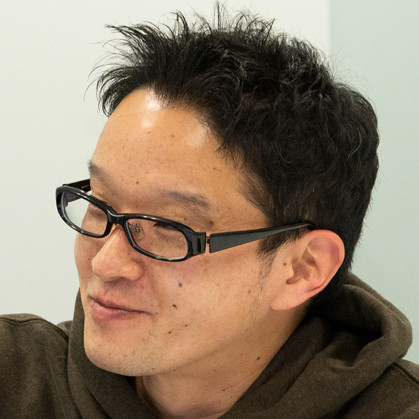 Michihito Nishigaki: Nishigaki’s background includes customer support roles across multiple companies, focusing on operational improvements in customer service centers. Prior to Mercari, at SKY Perfect Customer-relations Corporation, he worked on customer service center operations for SKY PerfecTV!. Joining Mercari in September 2018 as TnS (Trust & Safety) Director, he focuses on maintaining a secure environment for users, developing systems to monitor prohibited items and activities, and leading the Market Policy Committee. Alt text: Michihito Nishigaki, Director of Tokyo CS Office and TnS Director at Mercari, expert in trust and safety and operational improvement.
Michihito Nishigaki: Nishigaki’s background includes customer support roles across multiple companies, focusing on operational improvements in customer service centers. Prior to Mercari, at SKY Perfect Customer-relations Corporation, he worked on customer service center operations for SKY PerfecTV!. Joining Mercari in September 2018 as TnS (Trust & Safety) Director, he focuses on maintaining a secure environment for users, developing systems to monitor prohibited items and activities, and leading the Market Policy Committee. Alt text: Michihito Nishigaki, Director of Tokyo CS Office and TnS Director at Mercari, expert in trust and safety and operational improvement. -
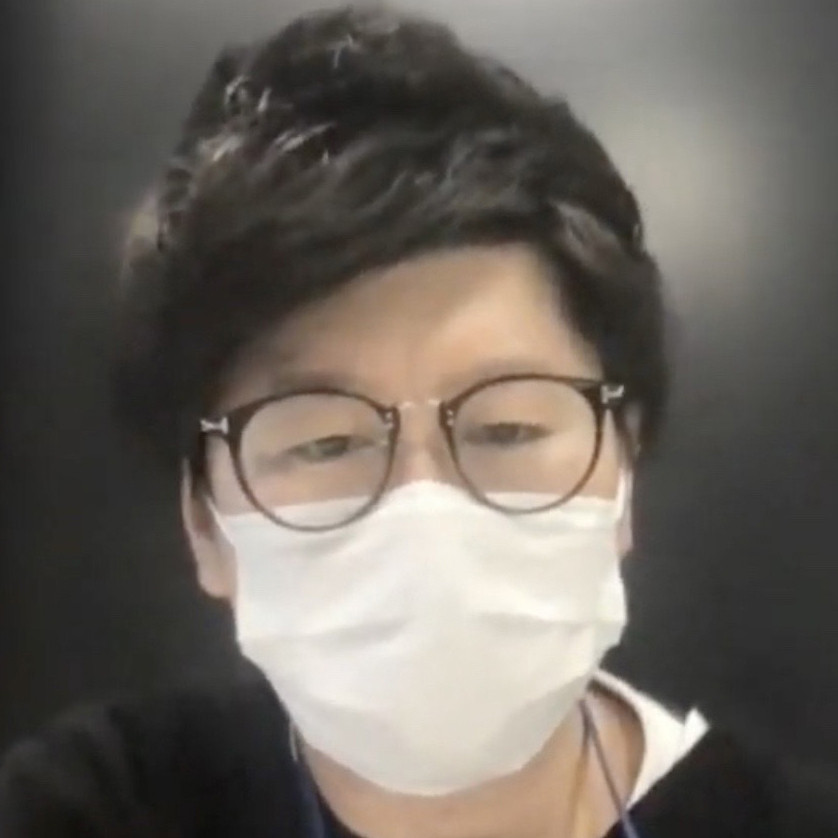 Osamu Miura: Miura began his career as a customer service operator and operations manager in the CS department of a BPO services company. He joined Mercari in January 2019 as a TnS Manager, contributing to the development of systems for monitoring prohibited items. Since April 2020, he has been responsible for building operations and overall management for CS Operations. He became the office manager for the Sendai CS Office in July 2019. Alt text: Osamu Miura, Manager at Sendai CS Office, Mercari, specializing in customer support operations and trust and safety management.
Osamu Miura: Miura began his career as a customer service operator and operations manager in the CS department of a BPO services company. He joined Mercari in January 2019 as a TnS Manager, contributing to the development of systems for monitoring prohibited items. Since April 2020, he has been responsible for building operations and overall management for CS Operations. He became the office manager for the Sendai CS Office in July 2019. Alt text: Osamu Miura, Manager at Sendai CS Office, Mercari, specializing in customer support operations and trust and safety management. -
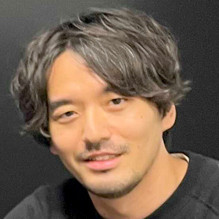 Ryosuke Onuki: Onuki’s career started as a customer service operator in a BPO services company, where he focused on operations management. At Amazon Japan G.K., he worked in CS training and managed outsource vendors. He joined Mercari in September 2018 and is responsible for operations building and overall management for CS Operations. He assumed the role of office manager for the Fukuoka CS Office in September 2020. Alt text: Ryosuke Onuki, Manager at Fukuoka CS Office, Mercari, experienced in customer service operations, training, and vendor management.
Ryosuke Onuki: Onuki’s career started as a customer service operator in a BPO services company, where he focused on operations management. At Amazon Japan G.K., he worked in CS training and managed outsource vendors. He joined Mercari in September 2018 and is responsible for operations building and overall management for CS Operations. He assumed the role of office manager for the Fukuoka CS Office in September 2020. Alt text: Ryosuke Onuki, Manager at Fukuoka CS Office, Mercari, experienced in customer service operations, training, and vendor management. -
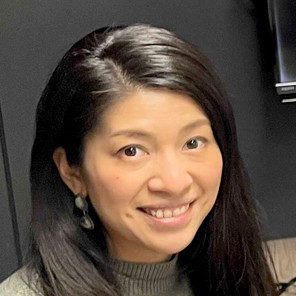 Mika Umezaki: Umezaki’s background includes working as a manufacturing documents consultant. She joined Mercari, Inc. in January 2018 as a CX product manager. Currently, she manages a team focused on improving the Mercari app using feedback from customer and employee programs. Alt text: Mika Umezaki, Manager at Fukuoka CS and CX Product Manager at Mercari, focused on customer experience and service improvement.
Mika Umezaki: Umezaki’s background includes working as a manufacturing documents consultant. She joined Mercari, Inc. in January 2018 as a CX product manager. Currently, she manages a team focused on improving the Mercari app using feedback from customer and employee programs. Alt text: Mika Umezaki, Manager at Fukuoka CS and CX Product Manager at Mercari, focused on customer experience and service improvement.
Responsibilities and Organization of Mercari CS Offices
Umezaki: Mercari operates CS offices in Tokyo, Sendai, and Fukuoka. Could you elaborate on the specific roles and organizational structure of each office for our audience?
Yamada: Certainly. In essence, the structure is as follows:
– The Tokyo CS Office analyzes user inquiries to identify key issues and collaborates with product development, PR, and legal teams to drive service improvements across Mercari.
– The Sendai CS Office is primarily responsible for Mercari customer support and handling matters related to fraud detection, ensuring a safe marketplace.
– The Fukuoka CS Office manages customer support for both Mercari and Merpay, addressing a high volume of user inquiries.
Nishigaki: The Tokyo office is the program development hub, while Sendai and Fukuoka serve as our primary operations centers. Each office has a clearly defined role. The Tokyo office, leveraging its location within Mercari’s Tokyo headquarters, is crucial for channeling Voice of the Customer (VOC) insights to product, PR, legal, and other relevant teams. This proximity facilitates a continuous feedback loop that drives service enhancements and policy adjustments.
Yamada: In many companies, customer support planning and operations are distinct functions. Mercari’s approach of expanding the Program Team within CS is a significant advantage, allowing for integrated strategy and execution.
Mercari’s commitment to CS as a cornerstone of growth is evident from the early establishment of the Sendai office. We go beyond simply addressing customer inquiries; we actively analyze user feedback and collaborate with product development teams to proactively improve our services. This makes CS a pivotal function at Mercari. For instance, before launching a new feature, the product team often consults CS to understand existing user feedback and ensure the feature addresses real user needs.
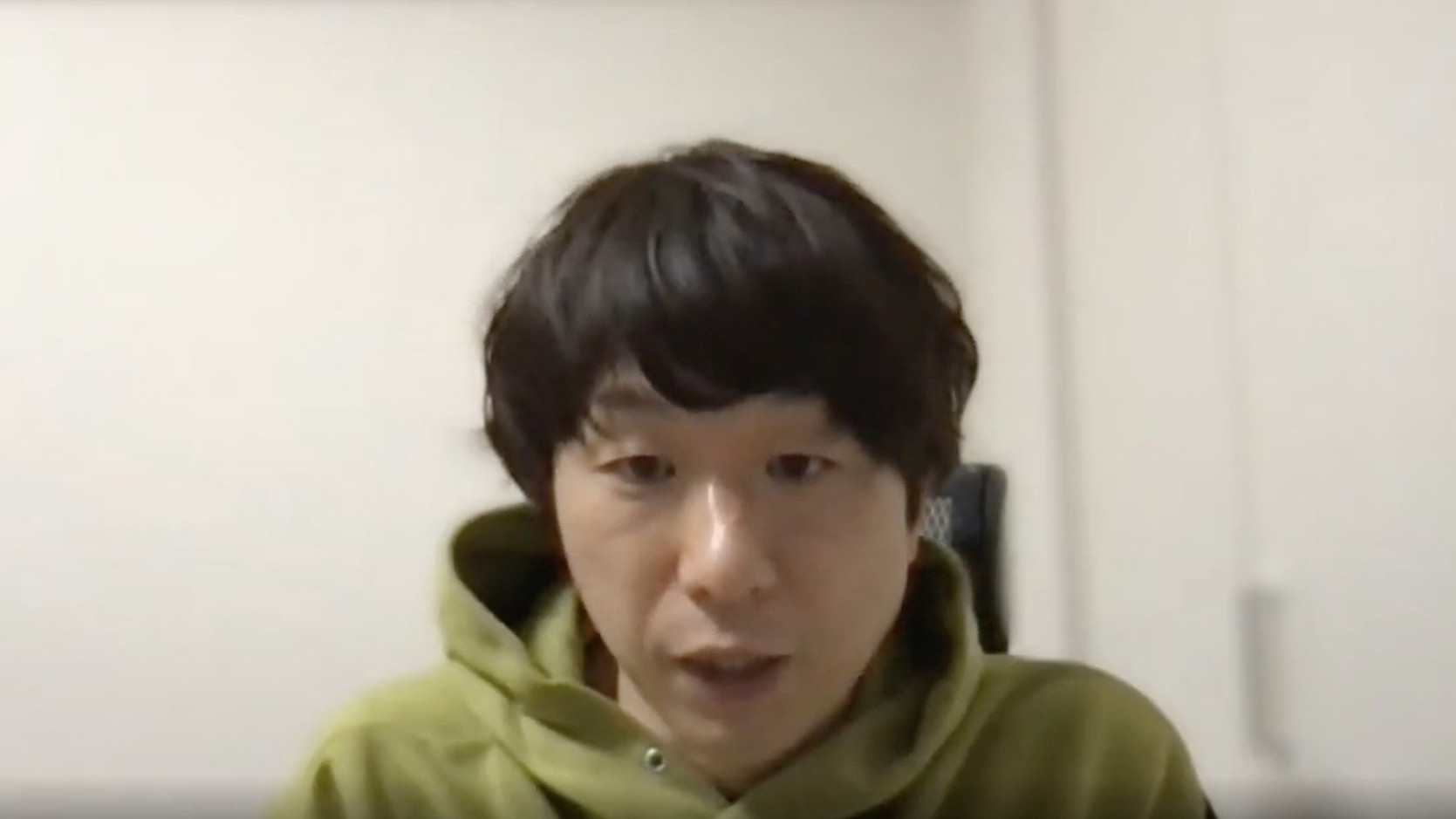 Alt text: Kazuhiro Yamada of Mercari Tokyo CS Office discussing customer service strategy and service improvement initiatives.
Alt text: Kazuhiro Yamada of Mercari Tokyo CS Office discussing customer service strategy and service improvement initiatives.
Umezaki: So, the Sendai Office specifically focuses on customer support work that involves fraud detection?
Miura: Yes, at the Sendai Office, our main responsibilities include handling customer support inquiries from Mercari users and monitoring for, and removing, prohibited items identified through user inquiries. Additionally, we have teams dedicated to liaising with third-party organizations and managing incident handling. Our scope of work is quite comprehensive, covering various aspects of user safety and platform integrity.
Onuki: Conversely, the Fukuoka Office primarily handles customer support for Mercari and Merpay. We manage a substantial volume of inquiries, approximately 20,000 daily across both platforms. The Fukuoka and Sendai offices collaborate with outsourcing partners to efficiently manage this volume. Our primary focus is always on enhancing the user experience and providing timely and helpful support.
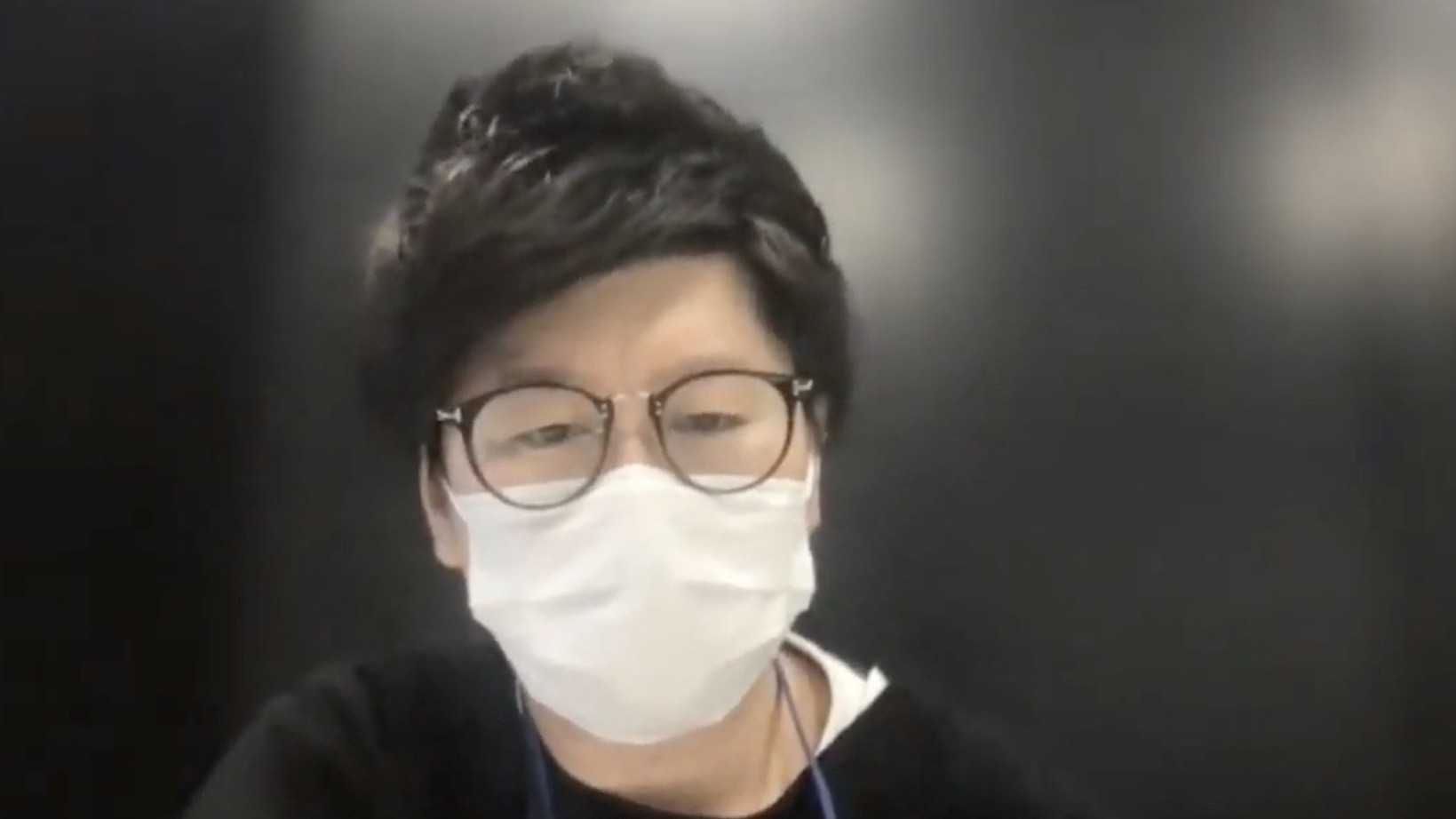 Alt text: Osamu Miura, Manager at Mercari Sendai CS Office, explaining the office’s role in customer support and fraud detection.
Alt text: Osamu Miura, Manager at Mercari Sendai CS Office, explaining the office’s role in customer support and fraud detection.
Unique Office Roles: Service Improvement in Tokyo, CS & Fraud Detection in Sendai, CS in Fukuoka
Umezaki: Have you observed any significant changes in the CS organization since Mercari’s early days?
Yamada: A constant since the company’s beginning is the close collaboration with product teams. Mercari CS is more than just support; we actively participate in service design, acting as partners in business development and user advocacy.
Currently, the scale of our organization is evolving rapidly. As our user base expands, so do user expectations for Mercari’s services. This necessitates that we consistently deliver an experience that surpasses these expectations, focusing on quality and proactive support.
Nishigaki: We’ve reached a point where we have a solid foundation as a CS organization. Moving forward, we aim to elevate our function beyond traditional customer support. Mercari’s business growth naturally drives CS expansion, but we are transitioning into an organization that addresses CS matters without being solely defined by conventional CS limitations.
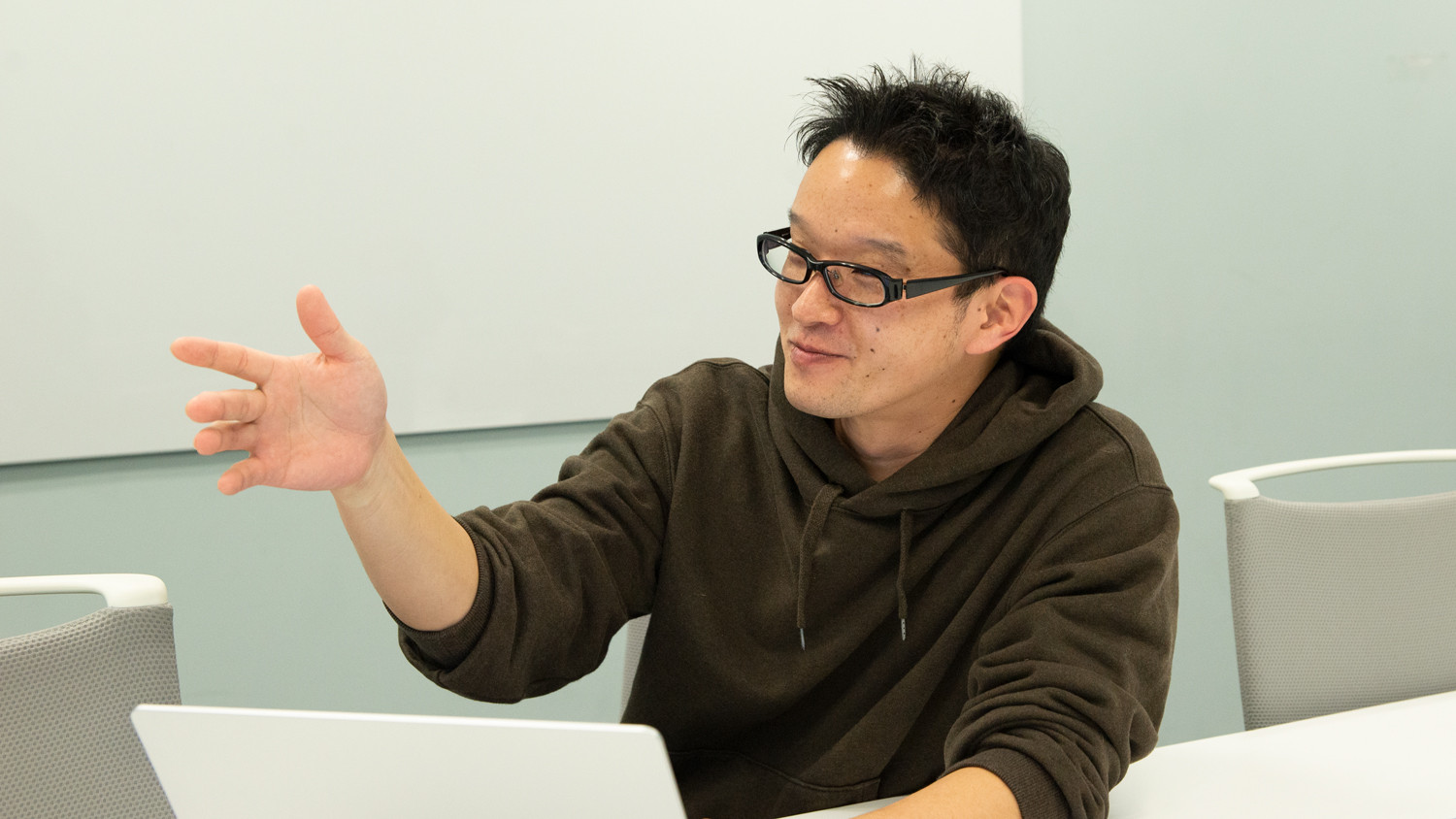 Alt text: Michihito Nishigaki, Director of Tokyo CS Office, Mercari, discussing the evolution and future of Mercari’s customer support organization.
Alt text: Michihito Nishigaki, Director of Tokyo CS Office, Mercari, discussing the evolution and future of Mercari’s customer support organization.
Onuki: To achieve this evolution, there are two key priorities for me. Firstly, strengthening CS operations for new service launches is crucial. If inquiry handling takes several days for a new service, we risk losing users immediately. We are actively building CS operations that can provide robust, immediate support for new initiatives.
Secondly, we must continuously improve our existing operations. To accommodate Mercari’s rapid growth, we’ve often built upon existing systems quickly, leading to inefficiencies or redundancies. We recognize the need to revisit foundational processes and redesign operations where necessary to ensure scalability and efficiency.
Umezaki: Coordination between offices is undoubtedly frequent. What aspects of this inter-office collaboration are particularly important?
Yamada: The most critical aspect is eliminating any sense of hierarchy between the head office and branch offices. Despite geographical separation, we function as a unified team. From the user’s perspective, the office location handling their issue is irrelevant; consistent, high-quality support is paramount.
Onuki: Absolutely. Our offices operate with strong cooperation and mutual respect, eliminating any sense of disconnect.
Miura: Especially during the 2020 pandemic, online communication surged, yet I felt no physical distance at all. I believe our interconnectedness and organizational strength have actually intensified during this period, fostering better collaboration.
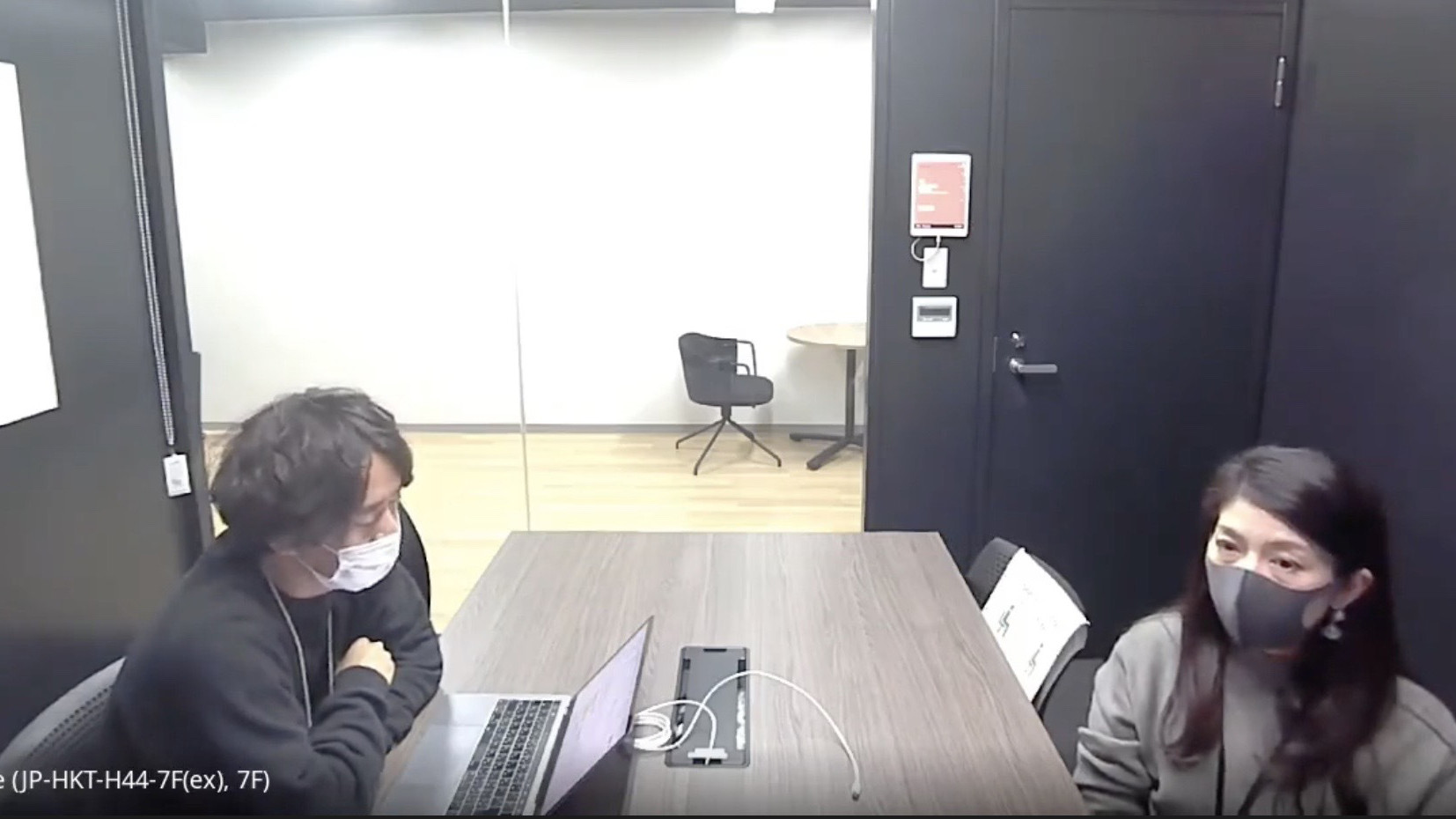 Alt text: Ryosuke Onuki, Manager of Mercari Fukuoka CS Office, and Mika Umezaki, Manager of Fukuoka CS, in discussion about office coordination and customer support improvements.
Alt text: Ryosuke Onuki, Manager of Mercari Fukuoka CS Office, and Mika Umezaki, Manager of Fukuoka CS, in discussion about office coordination and customer support improvements.
Inter-Office Coordination and CS Team Member Traits
Umezaki: What are the primary focuses for team members in each office in their daily work?
Yamada: Given our frequent collaboration with product development and operations teams, our Tokyo team prioritizes smooth project coordination and communication. Our team members possess diverse skills, allowing them to effectively contribute their expertise across various areas and projects.
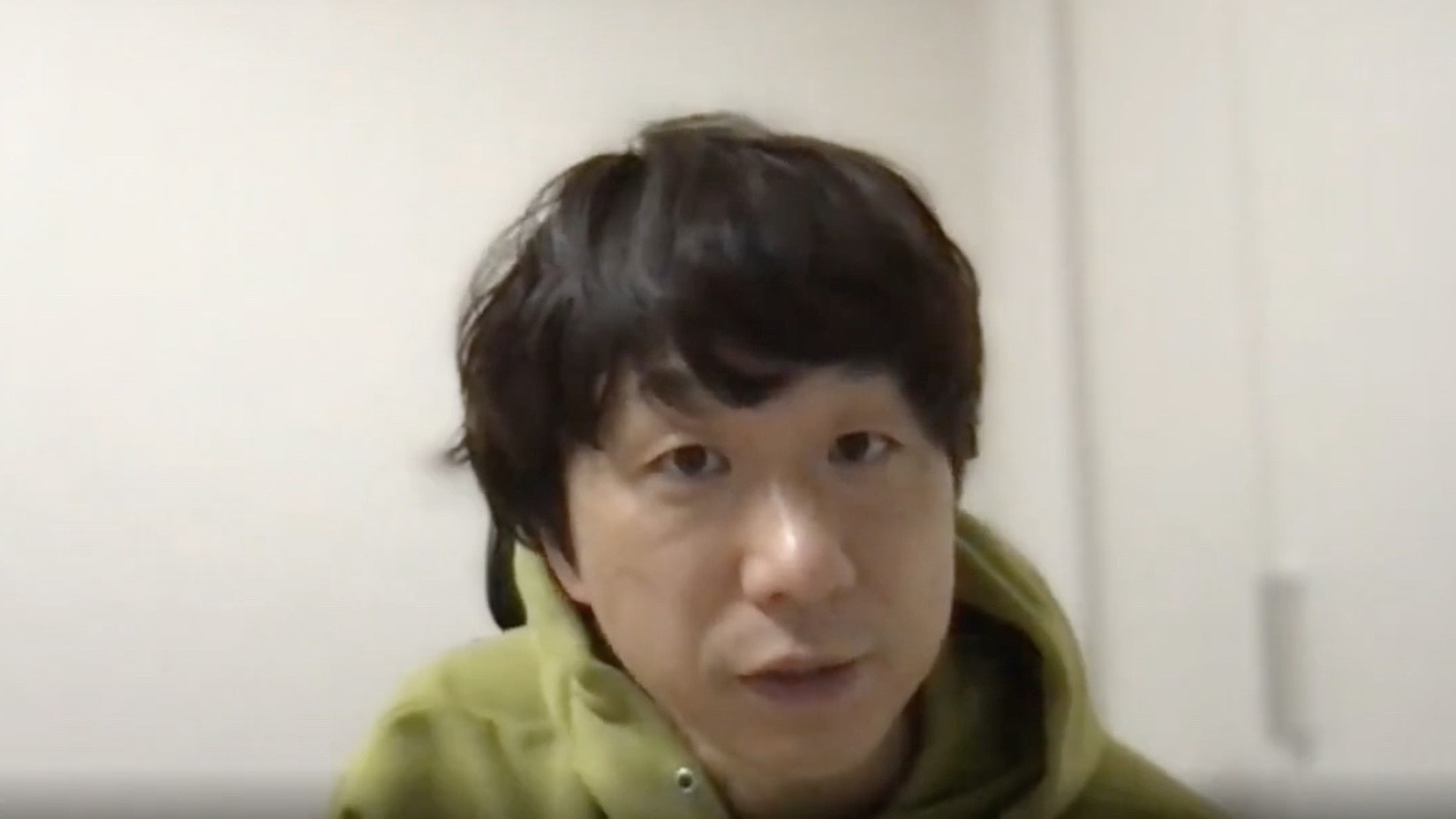 Alt text: Mercari Tokyo CS Office team collaborating on customer support strategies and service enhancements.
Alt text: Mercari Tokyo CS Office team collaborating on customer support strategies and service enhancements.
Nishigaki: To ensure a safe and secure user service, maintaining timeliness and agility is crucial. In terms of leadership and establishing effective rules and countermeasures, we continuously engage stakeholders in discussions and proactive proposals daily to refine our approach and stay ahead of potential issues.
Umezaki: And what about the focuses at the Fukuoka and Sendai offices?
Miura: With numerous teams dedicated to customer support in Sendai, maintaining a user-centric perspective is paramount. In our daily work, we constantly evaluate how we can enhance the user experience and build upon previous improvements to provide increasingly better support.
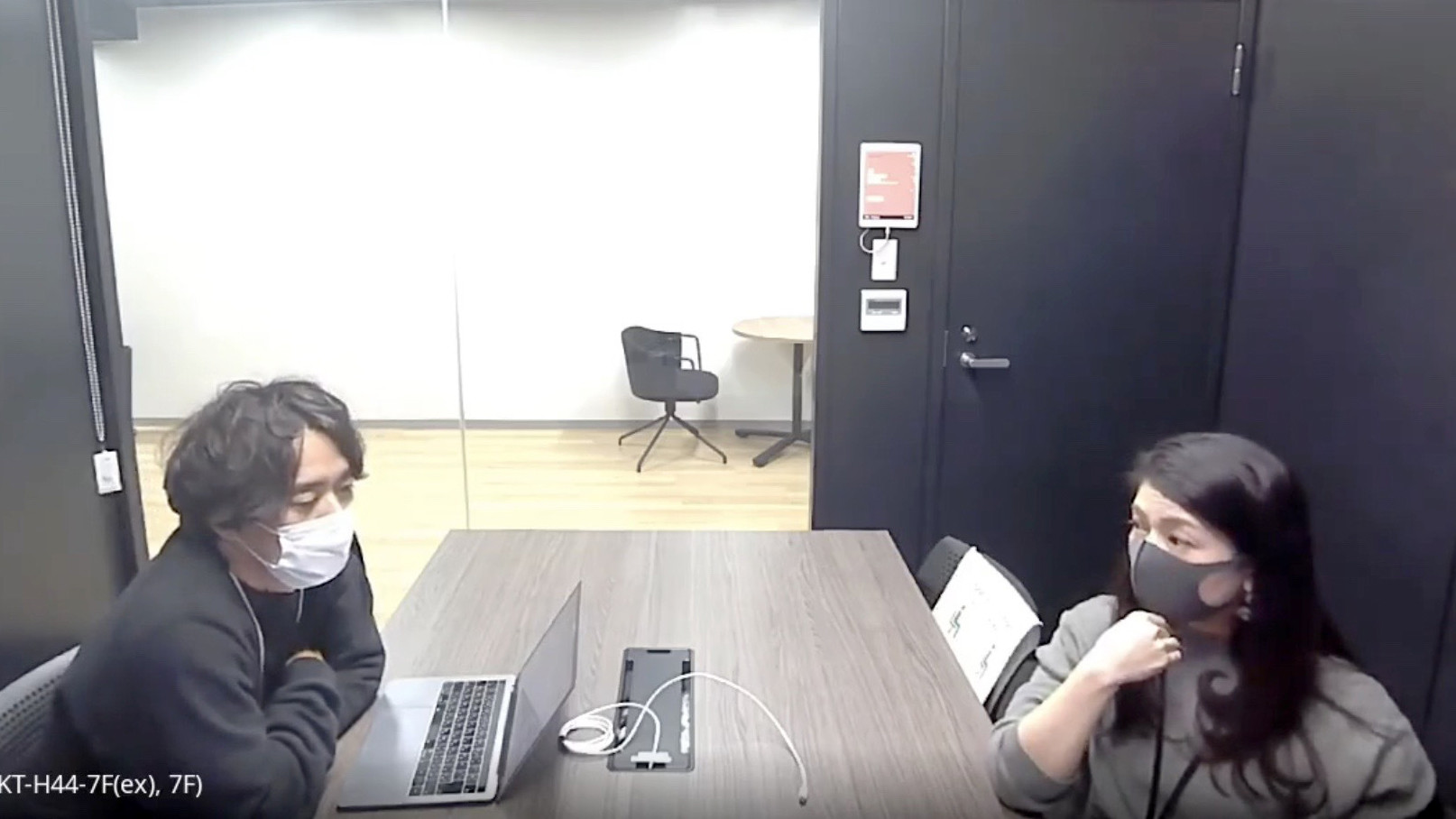 Alt text: Mercari Sendai CS Office team working on customer support inquiries and user experience improvements.
Alt text: Mercari Sendai CS Office team working on customer support inquiries and user experience improvements.
Onuki: Our Fukuoka team designs and operates our work with a strong user focus. We have in-depth discussions on improving user experience and diligently implement agreed initiatives. Furthermore, we are actively working on creating an even better work environment for our Fukuoka team members, focusing on well-being and professional growth.
Umezaki: What can you tell us about the individuals who make up the Mercari CS team?
Miura: While many of our members have direct experience in CS, we also have diverse backgrounds, including engineers, website directors, and engineering managers. This blend of expertise creates a stimulating and innovative environment.
Onuki: In Fukuoka, we have many team members who joined without prior CS experience and are now excelling. A common trait is their selflessness and their commitment to advocating for users and supporting fellow team members. This user-first and team-oriented mentality is something I deeply appreciate.
Across the entire CS organization, we have exceptional people. There are no artificial barriers between sections; if someone needs help, neighboring teams or members from other divisions readily offer support. Our culture is inherently collaborative and helpful, making Mercari a truly positive place to work.
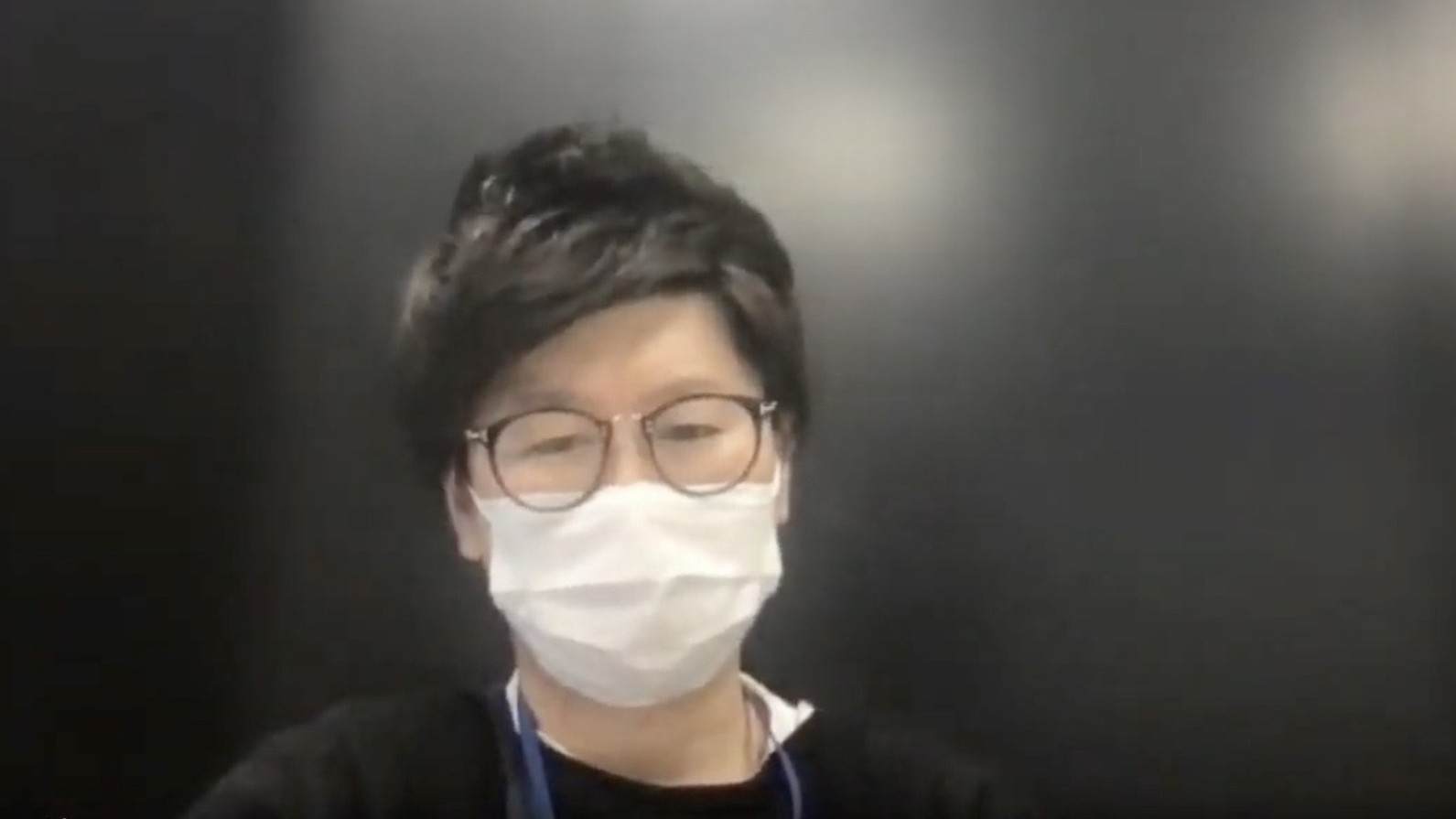 Alt text: Mercari Fukuoka CS Office team members collaborating and supporting each other in a positive work environment.
Alt text: Mercari Fukuoka CS Office team members collaborating and supporting each other in a positive work environment.
Evolving CS Beyond Traditional Boundaries
Umezaki: What are the unique advantages of working for Mercari CS today?
Nishigaki: As we’ve discussed, working at Mercari CS transcends traditional user support roles. Decisions across Mercari are frequently driven by CS insights and feedback. CS rules and even service offerings are adapted based on our direct understanding of user needs. This ability to contribute beyond conventional CS boundaries is a defining characteristic of working at Mercari, offering significant career growth potential.
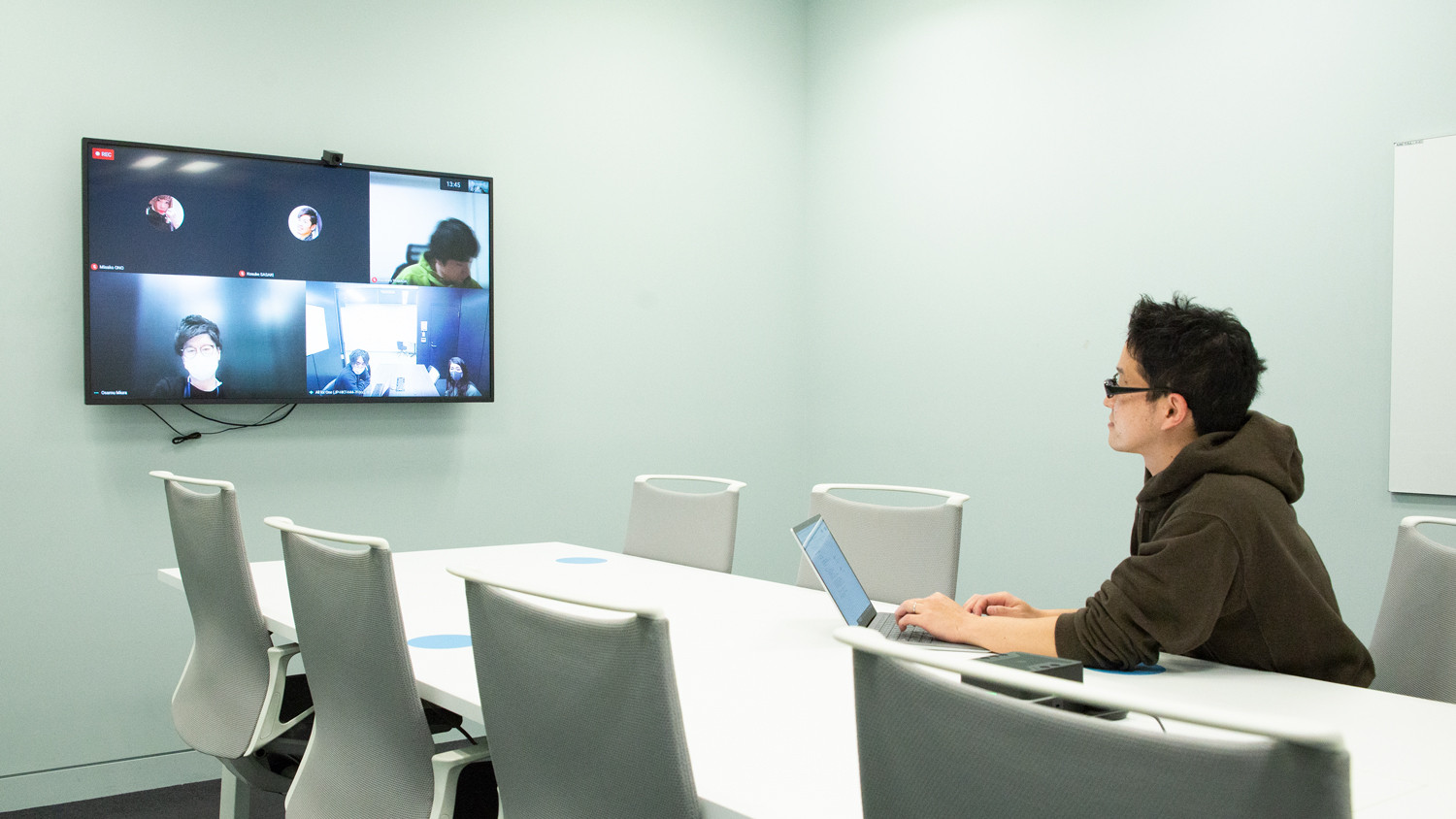 Alt text: Michihito Nishigaki of Mercari Tokyo CS Office emphasizing the expanded role and impact of customer support within Mercari.
Alt text: Michihito Nishigaki of Mercari Tokyo CS Office emphasizing the expanded role and impact of customer support within Mercari.
Yamada: By prioritizing user experience and consistently adopting a user-centric perspective, we can explore countless new avenues for innovation. In terms of career trajectory, Mercari Japan CEO Hirohisa Tamonoki’s background is in CS. Becoming a CEO is no longer just a distant dream for CS professionals (laughs).
(Everyone laughs)
Yamada: Few services involve CS in decision-making that directly shapes user experience as deeply as Mercari does. Taking ownership and having a strong voice is ingrained in our corporate culture. For individuals who thrive in collaborative team environments and are driven to generate impactful results, Mercari offers an ideal workplace.
Umezaki: You mentioned aiming to evolve into a team that addresses CS matters beyond the traditional CS definition as Mercari grows. How far along are you in this evolution?
Yamada: For the Tokyo Office Program Team, I’d estimate we’re about 20-30% of the way there. Improving user experience requires continuous updates to our mechanisms and tools. We have many ambitious challenges we are eager to tackle, pushing the boundaries of what CS can achieve.
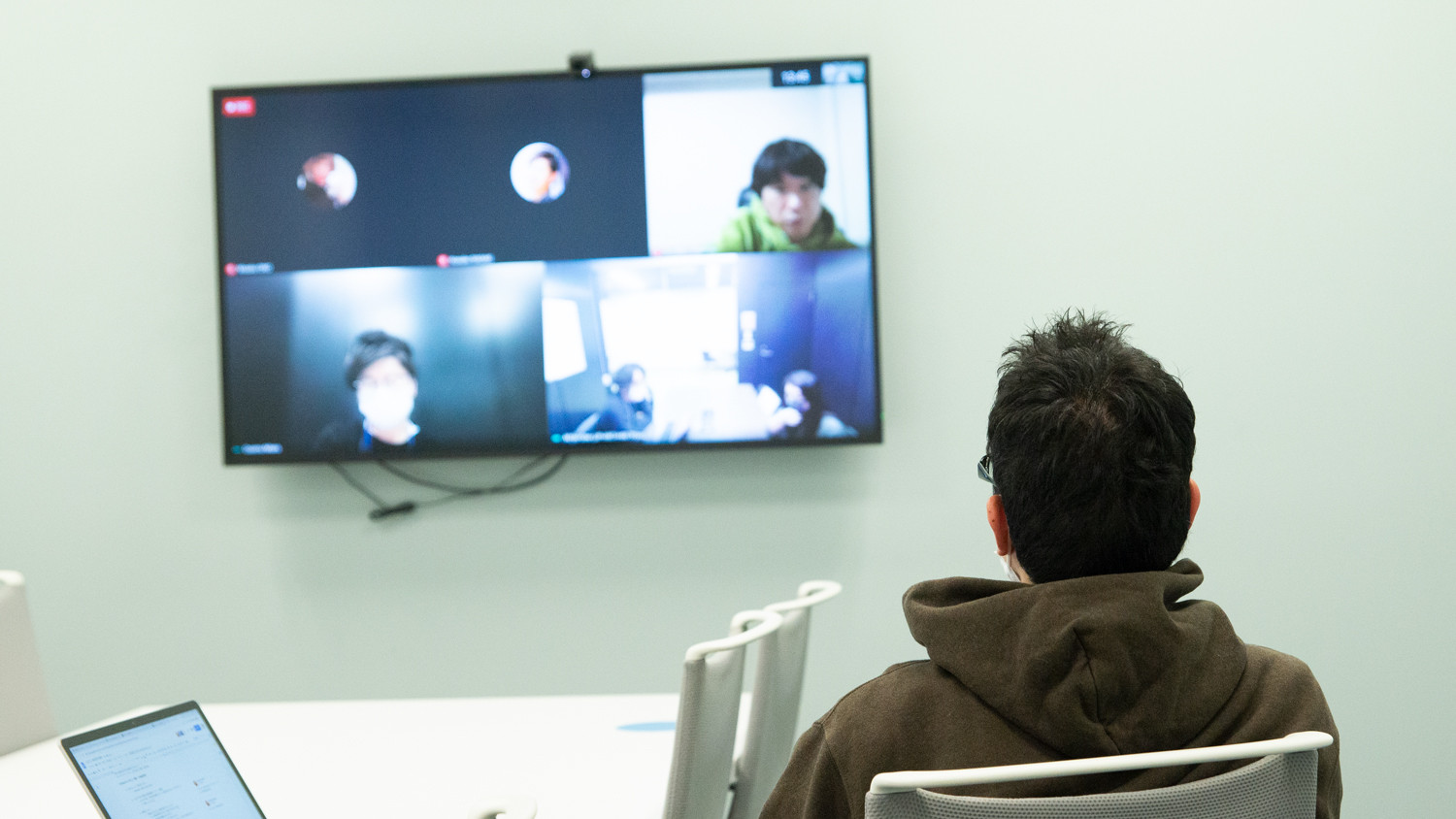 Alt text: Kazuhiro Yamada of Mercari Tokyo CS Office discussing the progress and future goals of Mercari’s customer support evolution.
Alt text: Kazuhiro Yamada of Mercari Tokyo CS Office discussing the progress and future goals of Mercari’s customer support evolution.
Onuki: I’d say it’s similar for the Fukuoka Office operations team. Our vision for the future of CS involves proactively generating business ideas and proposals, directly contributing to Mercari’s overall business success. We are currently about 20-30% towards realizing this vision.
Miura: Sendai feels similarly positioned. We’ve met the baseline expectations of a high-performing CS organization, but we are striving for more. This is why I am excited to build the future of CS alongside individuals who bring diverse knowledge and perspectives from outside of Mercari, enriching our team and capabilities.
Yamada: To fully realize our goals, we need to integrate the strengths of new team members. By combining the dedication of our current team with the fresh perspectives of new Mercari members, we will continue to strengthen our organization and redefine the future of customer support.
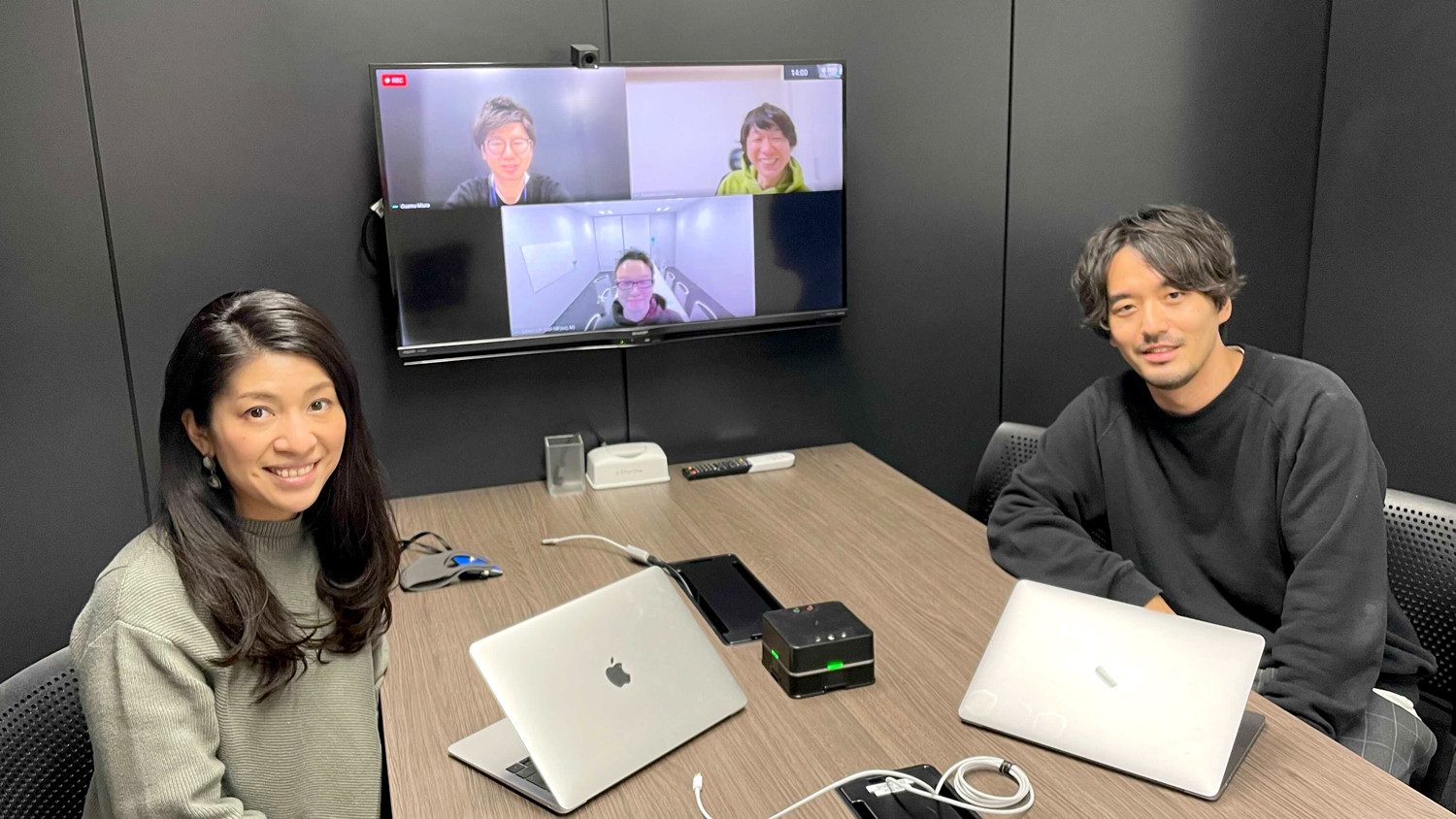 Alt text: Mercari CS team members across Tokyo, Sendai, and Fukuoka offices collaborating to shape the future of customer support at Mercari.
Alt text: Mercari CS team members across Tokyo, Sendai, and Fukuoka offices collaborating to shape the future of customer support at Mercari.
Need to contact Mercari Customer Service? While this article highlights the structure and dedication of Mercari’s customer support teams, it does not provide a direct Mercari customer service number. For immediate assistance, the most effective way to reach Mercari’s customer support is through their Help Center and in-app support features, ensuring you are connected to the right team for your specific issue.